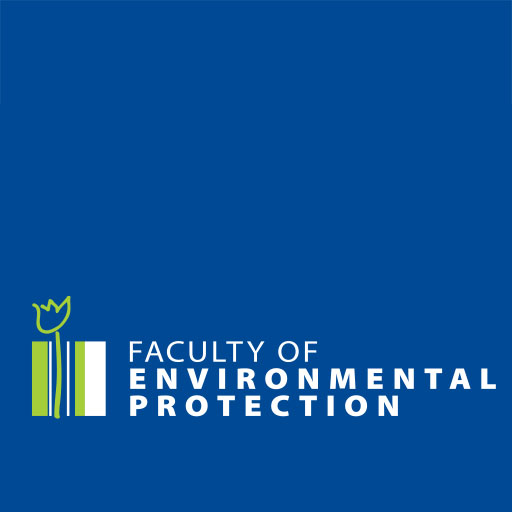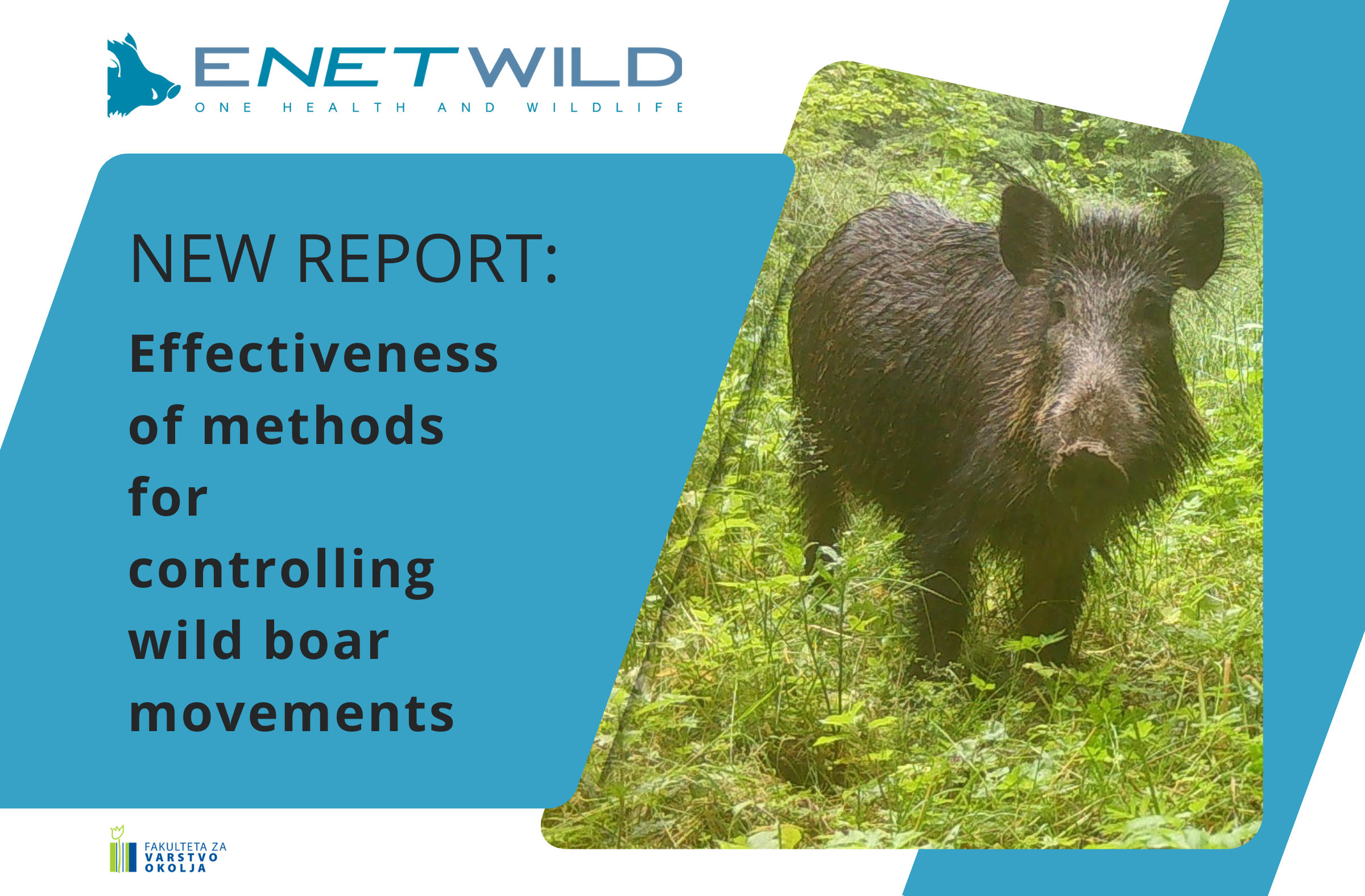The European Food Safety Authority (EFSA) has published a report on the most effective methods to limit the movement of wild boars, which will make an important contribution to improving control strategies and reducing the spread of African swine fever (ASF) in Europe. The preparation of the report “Effectiveness of methods for controlling wild boar movements” was led by researchers from the Faculty of Environmental Protection (Dr Boštjan Pokorny, Zarja Platovšek, Dr Samar Al Sayegh Petkovšek, Katja Črnec and Dr Elena Bužan) within the large international network ENETWILD, with the participation of some other colleagues from Slovenia (Luka Duniš from UP FAMNIT and Dr Matija Stergar from ZGS).
In Europe, wild boars are the main transmitters of ASF (besides humans) and it is therefore essential to adopt strategies and measures to control disease transmission, including the separation of populations. Through a systematic analysis of the scientific literature and field experience obtained by questionnaires distributed to many experts across Europe, the researchers obtained information on the impact and feasibility of using different barriers to restrict the movement of wild boars. The report provides new insights into the effectiveness of different methods such as fencing (mechanical, electric), the incorporation of natural and anthropogenic barriers (rivers, lakes, settlements, highways, border fences) and deterrents (chemical, light, sound), and also discusses the most important factors influencing the effectiveness of these methods.
The report will help decision-makers choose the most applicable and cost-effective measures in various situations, taking into account epidemiological, ecological and societal factors.
The full report is publicly available HERE.

